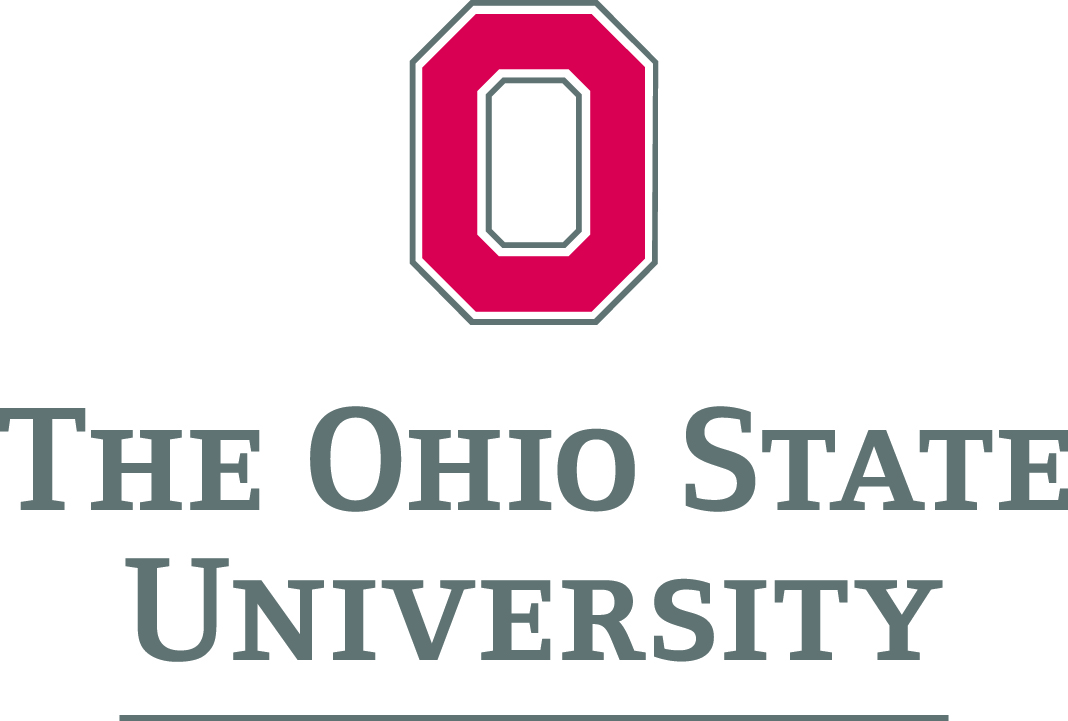An evidence-based argument to preserve the Indian Child Welfare Act, the subject of the U.S. Supreme Court Haaland V. Brackeen case: An Ohio State University family reunification expert can explain the consequences of overturning the law
The U.S. Supreme Court will hear arguments Wednesday, Nov. 9, in Haaland v. Brackeen, an effort to overturn the Indian Child Welfare Act (ICWA) that has kept most Native children with Indian families since 1978. Research led by Ashley Landers, assistant professor of human development and family science at The Ohio State University, and Sandy White Hawk, director of the First Nations Repatriation Institute, shows that Native adoptees and fostered individuals are more likely to be abused, suffer from depression and consider suicide than other adoptees. Their work was submitted to the court in an effort to preserve the legislation.
“What we ended up finding is that a lot of Native fostered and adopted individuals actually experienced re-victimization in their foster and adoptive homes at high rates, and that they were more likely to experience victimization,” Landers said.
The Native participants were significantly more likely to report physical abuse – 64% compared to 38% of white respondents – and sexual abuse – 32% compared to 21% of white respondents. Nearly half of the Native individuals studied experienced spiritual abuse: racial slurs or rejection of their spiritual practices.
“Our research says that Native fostered and adopted individuals suffer from grief and loss; they are disconnected from their culture; they don't know who they are; they have mental health problems; they have higher rates of suicidal ideation. We know that reconnecting to culture is helpful,” Landers said, adding that the challenges to ICWA now “are really undermining tribal sovereignty to define themselves.”
Their research also showed that before the passage of the ICWA, up to 35% of all American Indian children in the U.S. had been separated from their families, and 90% percent of their foster or adoption placements were in non-Native homes.
White Hawk, who was taken from her Lakota tribe at 18 months and adopted by a white woman who abused her, is the subject of the documentary film “Blood Memory: A Story of Removal and Return.”
Both Landers and White Hawk are available to be interviewed about their research.
